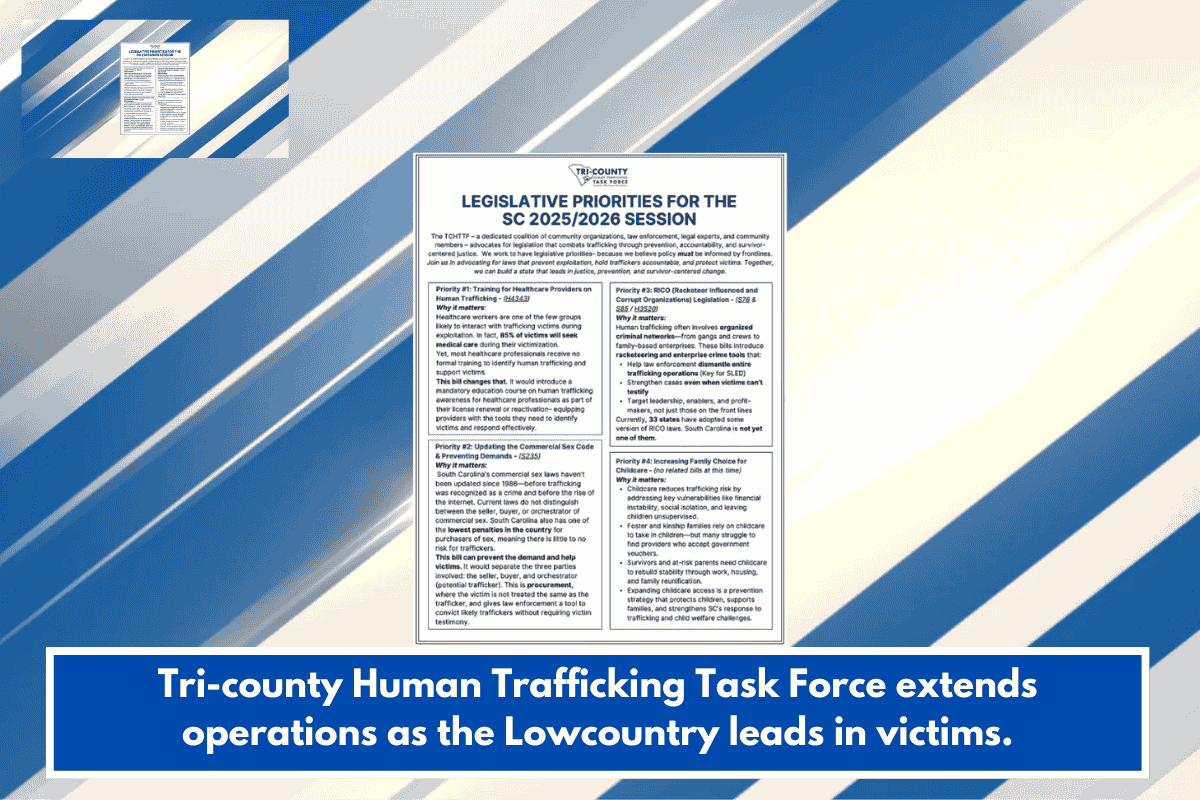Washington’s “Stand Your Ground” law is a legal concept that allows individuals to use force, including deadly force, in certain situations without the duty to retreat. This law has been widely discussed and debated across the country, and it’s important for residents of Washington to understand what it means and how it works. In this article, we’ll explain Washington’s Stand Your Ground law, what it covers, and how it affects individuals’ rights to defend themselves.
What is Stand Your Ground Law?
The Stand Your Ground law in Washington allows a person to use force in self-defense without the obligation to retreat when they feel threatened. Unlike some states that require an individual to attempt to retreat from a dangerous situation before using force, Washington law does not have this requirement. Instead, a person has the right to protect themselves, even if retreat is an option.
The law is designed to give individuals the right to protect themselves from harm without being forced to leave the scene or avoid confrontation. However, this right is not unlimited and is subject to certain conditions and limitations.
Self-Defense Under Washington’s Stand Your Ground Law
In Washington, self-defense is recognized as a legal right, but the use of force must be proportionate to the threat. Here are some key aspects of the law:
Reasonable Belief of Threat: A person must have a reasonable belief that they are in immediate danger of harm. If someone reasonably believes that they are about to be attacked, they are allowed to defend themselves.
Use of Force: The law permits the use of force, including deadly force, if it is necessary to prevent imminent harm. The force used must be proportional to the threat. For example, if someone is facing a life-threatening attack, they may be justified in using deadly force.
No Duty to Retreat: Under Washington’s Stand Your Ground law, you are not required to retreat if you are in a place where you have a legal right to be. For example, if you are in your home or a public place, you do not need to try to leave before defending yourself.
Protection of Others: The law also allows individuals to defend others in situations where they believe someone else is at risk of harm. If you are protecting a friend or family member, you can use force if necessary, within the boundaries of the law.
Conditions for Applying Stand Your Ground
While Washington’s law allows individuals to defend themselves without retreating, certain conditions must be met:
Legal Presence: You must be in a location where you are legally allowed to be. If you are trespassing or in an area where you are not allowed, you may not have the right to invoke Stand Your Ground.
No Provocation: If you initiated the confrontation or provoked the situation, you may not be protected under Stand Your Ground. The law typically applies to situations where you are not the aggressor.
Proportional Force: The force used in self-defense must match the level of threat you are facing. If the threat is not serious or immediate, excessive force could lead to criminal charges.
Differences Between Washington’s Stand Your Ground and Castle Doctrine
While both the Stand Your Ground law and the Castle Doctrine allow for self-defense, there are some important differences:
Castle Doctrine: This is a legal principle that applies to situations where an individual is in their own home. Under the Castle Doctrine, you do not have to retreat if someone breaks into your home. In Washington, the Castle Doctrine is in place, and you have the right to defend yourself in your home without having to attempt to flee.
Stand Your Ground: The Stand Your Ground law in Washington applies to situations outside of your home as well. Whether you are on the street, in a car, or in a public space, you do not have to retreat from a threat.
Legal Implications of Stand Your Ground in Washington
Although the Stand Your Ground law provides individuals the right to self-defense, there are legal risks involved. If you use force in a situation where it is not justified, you could face criminal charges, including assault or homicide. The decision to use deadly force can be a serious one, and it’s crucial to understand when it is legally appropriate.
When a Stand Your Ground case is brought to court, the prosecutor will examine whether the use of force was reasonable, whether the defendant was in imminent danger, and whether retreat was possible. If the court finds that the individual did not act reasonably or provoked the situation, the person could be held criminally responsible.
Controversy Surrounding Stand Your Ground Laws
Stand Your Ground laws have been controversial, with some arguing that they can lead to unnecessary violence or be misused. Critics argue that these laws can sometimes encourage escalation of conflicts, leading to deadly confrontations when de-escalation might have been a better option.
Supporters of the law, however, believe it is a vital protection for individuals who are simply trying to defend themselves in dangerous situations. They argue that people should not be forced to retreat from a threat, especially when they are in their own home or a public space.
Washington’s Stand Your Ground law allows individuals to protect themselves from imminent harm without the duty to retreat, but it is not without limits. The law provides important protections for self-defense, but it also requires that the force used be proportional to the threat faced. Understanding the law, knowing when and how it applies, and recognizing the potential consequences are key to ensuring that your right to self-defense is exercised appropriately.
SOURCES
[1] https://thewrangler.com/understanding-washington-s-stand-your-ground-law/2025/07/01/
[2] https://en.wikipedia.org/wiki/Stand-your-ground_law
[3] https://giffords.org/lawcenter/state-laws/stand-your-ground-in-washington/
[4] https://app.leg.wa.gov/rcw/default.aspx?cite=9A.16.110
[5] https://knausslawfirm.com/blogs/washington-state-self-defense-laws-protecting-your-rights-after-an-incident














